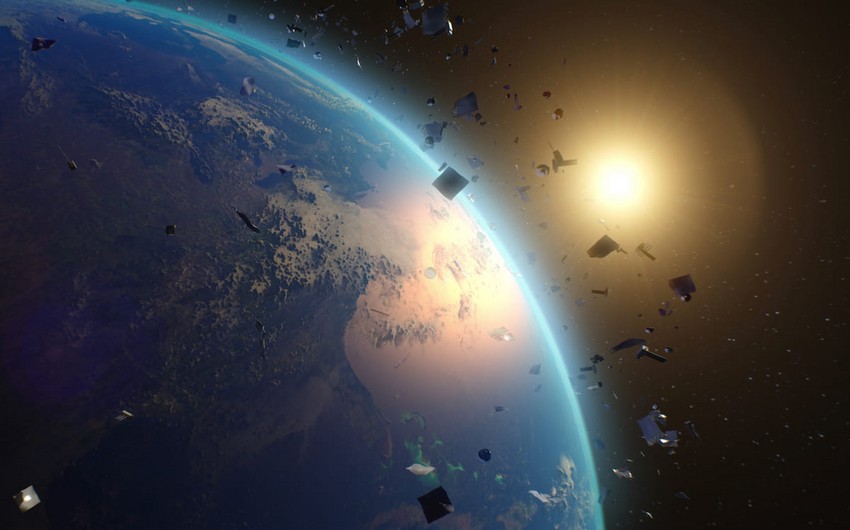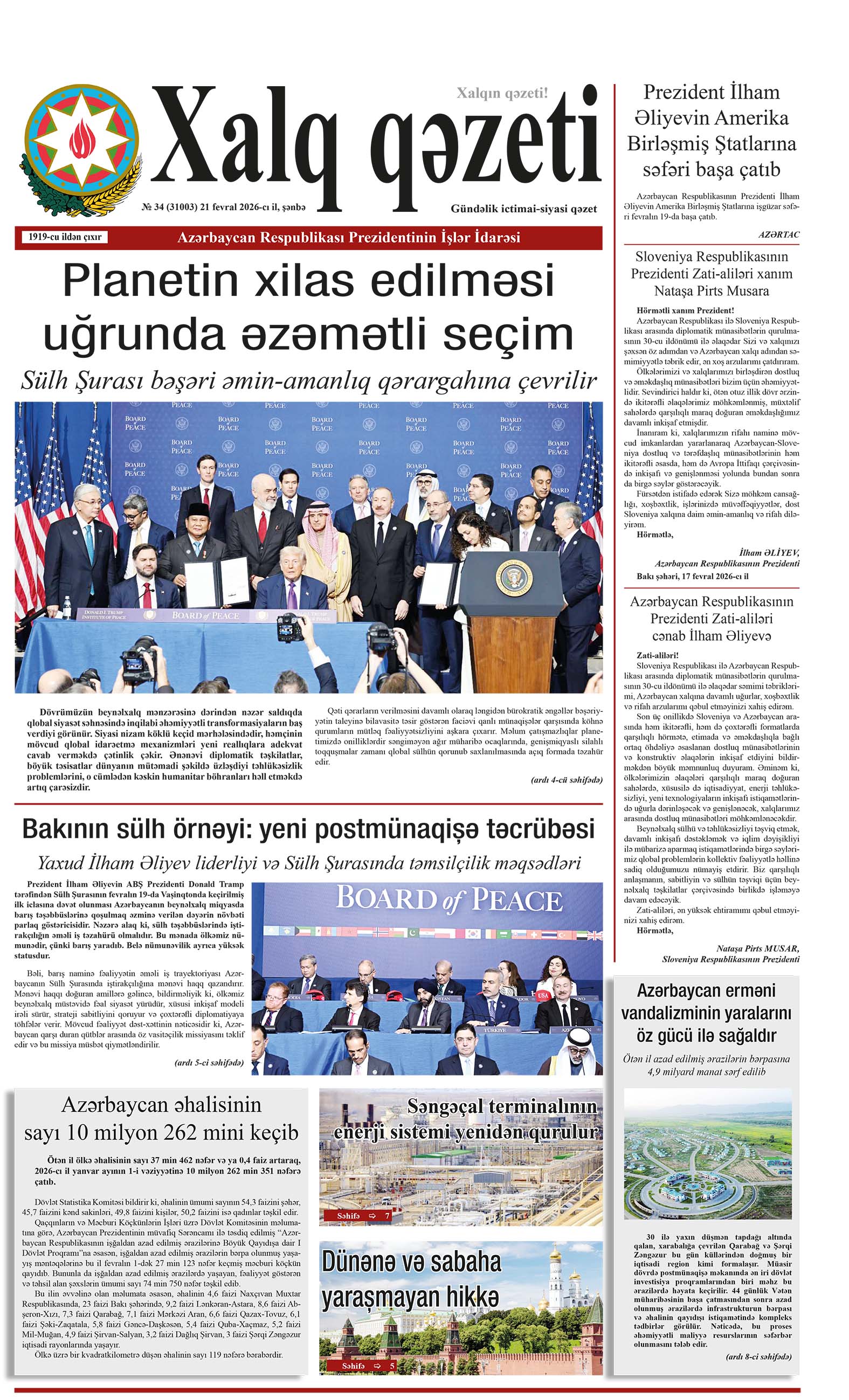American scientists from the University of Southern California have concluded that space debris could destroy Earth's ozone layer, according to a study published in the scientific journal Geophysical Research Letters (GRL).
According to Report, the researchers investigated the link between space junk and the state of Earth's ozone layer, which shields life on the planet from the sun's ultraviolet radiation. The analysis showed that the concentration of oxides, which are produced when debris from decommissioned old spacecraft burns up in Earth's atmosphere and destroys stratospheric ozone, increased eightfold between 2016 and 2022 and will continue to rise as more satellites are launched into low Earth orbit (LEO).
Exacerbating the situation is the fact that internet satellites are short-lived, lasting only about five years. The researchers estimate that by the time the currently planned satellite constellations are complete, 912 tons of aluminum will fall to Earth each year. This will result in the release of about 360 metric tons of aluminum oxides into the atmosphere annually, which is 646% higher than natural levels.
Of the 8,100 active vehicles in low Earth orbit, 6,000 are Starlink satellites launched in recent years. Starlink operator SpaceX has permission to launch another 12,000 satellites and plans to put 42,000 new devices into LEO in the future. Amazon and other companies worldwide intend to create constellations of 3,000 to 13,000 satellites.

















